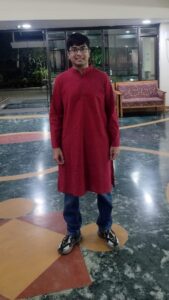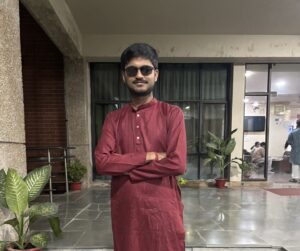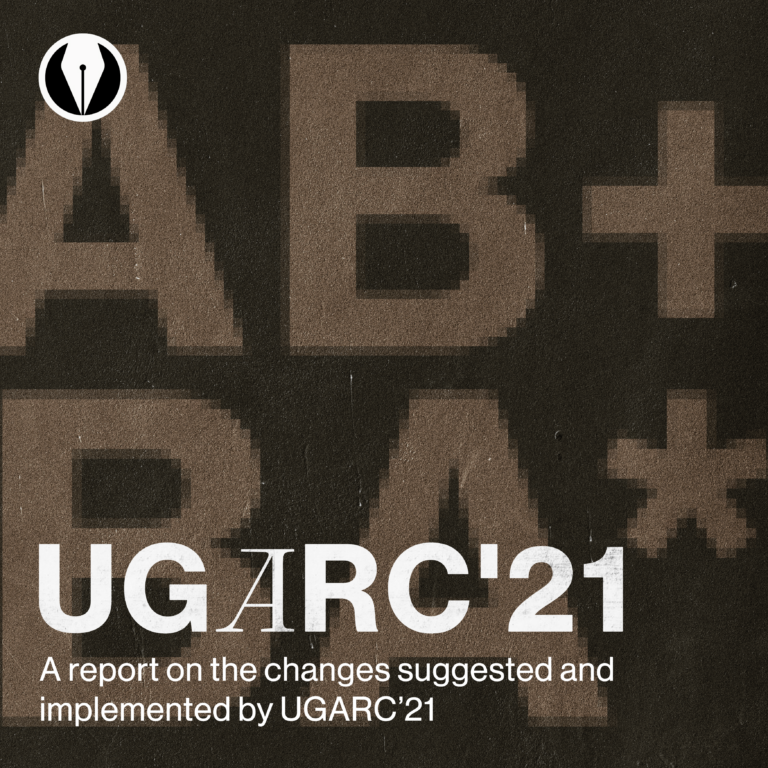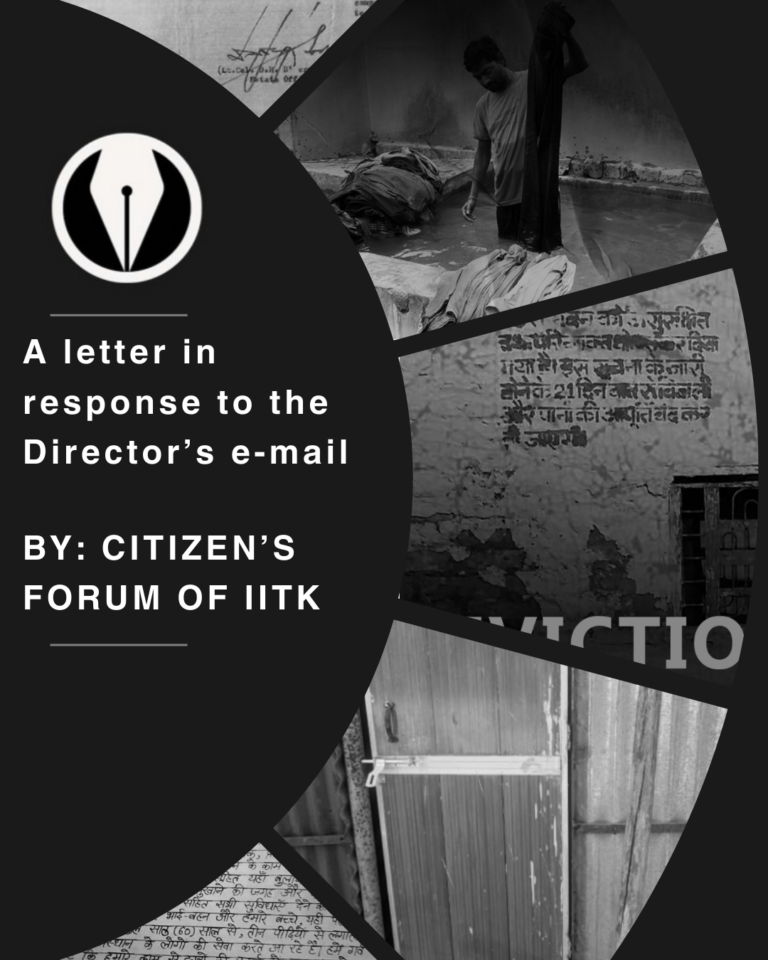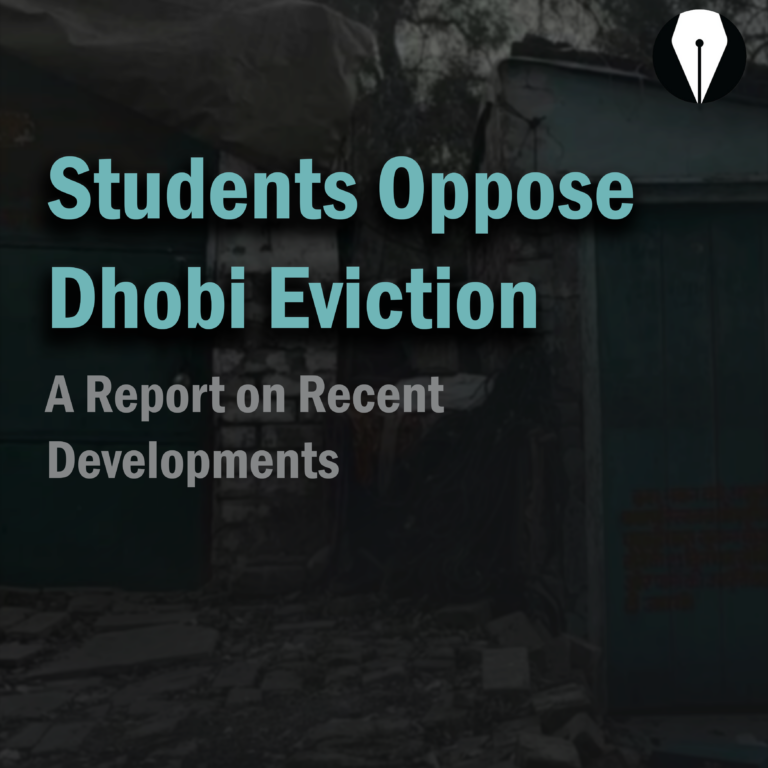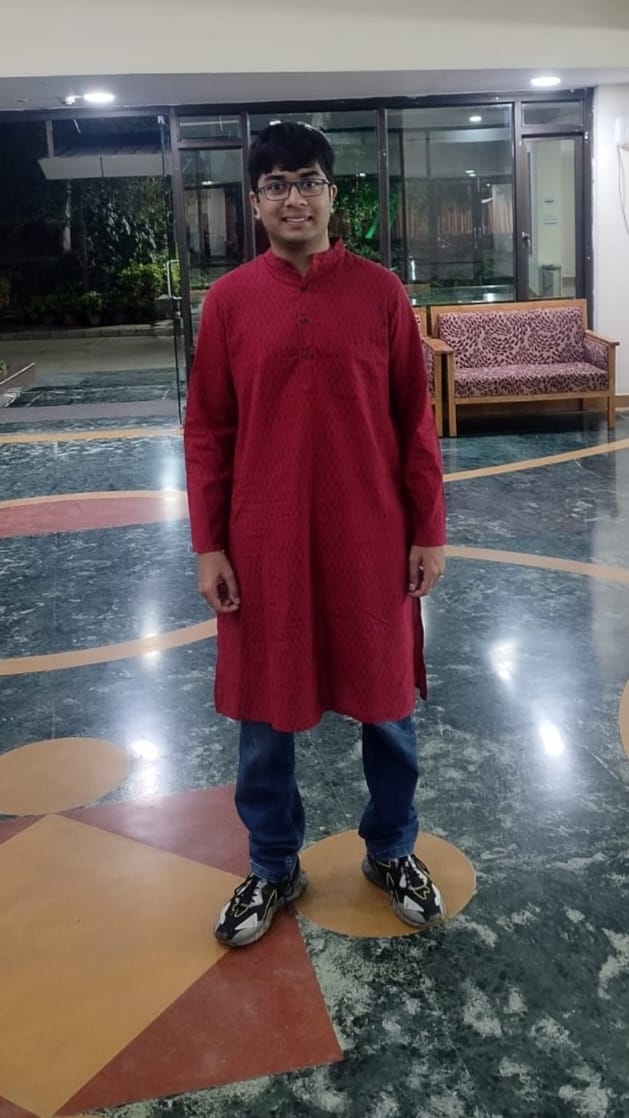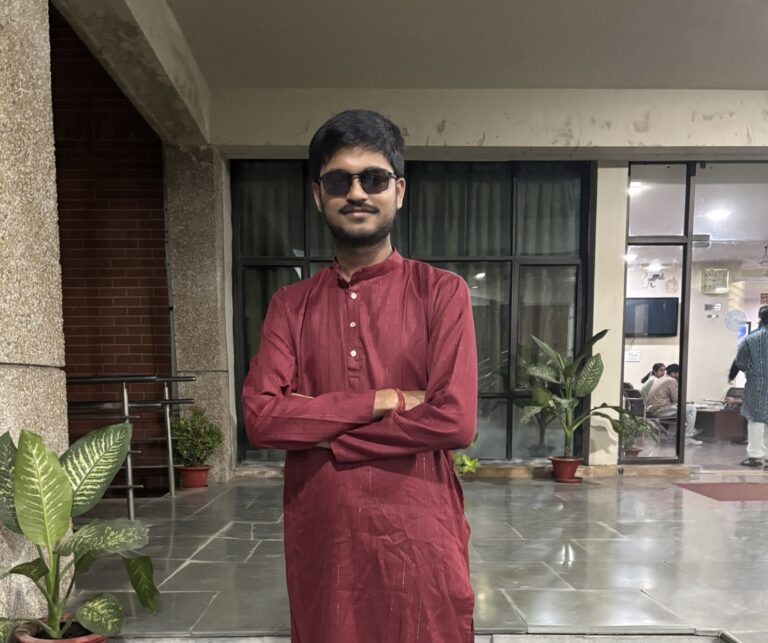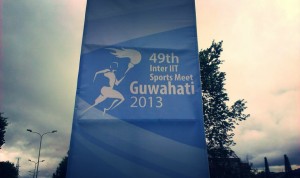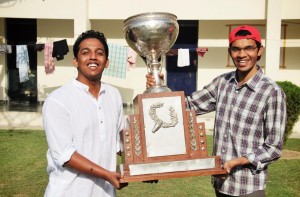“Character cannot be developed in ease and quiet. Only through experience of trial and suffering can the soul be strengthened, ambition inspired, and success achieved.”
— Helen Keller
An inter block hall tournament’s final was being played. It was a tense stage. As the scorer gave the scores – “twelve -fourteen”, a section of the audience shouted “Hindi mein bol”. Other parts of the audience whistled appreciatively. Later, as a person from the south was serving, another section of the audience started shouting “ille! pille!” (their conception of all South Indian languages) again to raucous cheers. People say these are comments made in the heat of battle, and should be given no significance. But these are no innocent statements, they are more like Freudian slips. They reveal a deep seated tendency which is current in the majority of IITK students. This article deals with the manifestation of this tendency in the apparent lack of “polish” in IITK graduates. The average IIT Kanpur student develops a certain skill set during his stay in the institute. Yes, every IIT graduate is an expert in writing exams and finishing assignments, but whither the “soft” skills which make the difference in a photo finish in a job interview? What does an interview board do with applicants who cannot interact with unfamiliar people, with superiors and inferiors? What use does it have for people who cannot tolerate differences in opinion and adapt to new conditions? It jettisons them. What can be the causes of this pressing problem? When we contacted Prof Manoj Harbola for his views on the subject, he said that composition of student population in the campus plays a major role. With a huge chunk of the students coming from places nearby, this place now lacks a cosmopolitan culture. The prevalence of the local UP culture has isolated other “minorities”. People with the same traditions and views tend to move around together. This cultural isolation makes it difficult for students to get to know other ways of life and learn how to co-exist. A classic demonstration of the hackneyed adage “Birds of a feather flock together.” Another instantiation of this phenomenon is the lack of communication with students from outside IIT Kanpur. Antaragni, and, to an extent, Udghosh and Techkriti now represent the sum and substance of our “efforts” to meet students of other colleges. Festivals and isolated events are but stepping stones to wider cohesion among students. The isolated location of the campus and the relative paucity of other local colleges are other possible contributors to this malaise. As put by Prof Harbola, an IITK student, over time, develops the attitude that he cannot learn anything from people from supposedly “inferior” colleges. Being in the intellectual bourgeoisie, why do we need to listen to the lesser ones? Alas! The tradition of lone wolves has passed on. The era of teamwork has dawned. Perceptions of the elite and the non-elite no longer hold in an intellectual democracy. In stark contrast, students in other IITs in metropolitan cities have healthy competition from of a lot of other local colleges. Students from different parts of the country intermingle in a veritable melting pot of cultures. Due to this, their students enjoy a campus life throbbing with vitality. Are these problems going to die out by themselves? Sadly, they aren’t. Take the skewed distribution of the students in the incoming batch. It is deteriorating with time. As it becomes narrower, the pressure of the old figures will bear down on new batches. This trend isn’t going to reverse itself. Take the location of the institute. It is a noble thought that this IIT will develop the surrounding areas. But isn’t the interaction two way? The environment of the institute also molds its students and its output. Till the chimera of development is actually achieved, the negative feedback will continue. To change this situation, the students must gear up to broaden their horizons. The reading rooms in the halls subscribe to magazines from different parts of the world. Some of the reading rooms are languishing due to lack of patrons. Similarly, news channels and the internet can help the students keep in touch with happenings in different parts of the world. The much treasured “bulla” sessions (the informal chat sessions which are rife in hostels) can be used like group discussions, to help develop informed opinions on important issues. Most students here do not have the habit of reading, for how can it be useful? These steps do not pay dividends in the narrow sense which most of the supposed “cream” of the country studying here perceive life, based on their limited experience. All these steps require a personal initiative and sincerity of attitude which is sorely missing in IITK students now. As the cliché goes – “true change can come only from within”.
This article was written by N.Tejaswi for Vox Populi, October 2006
